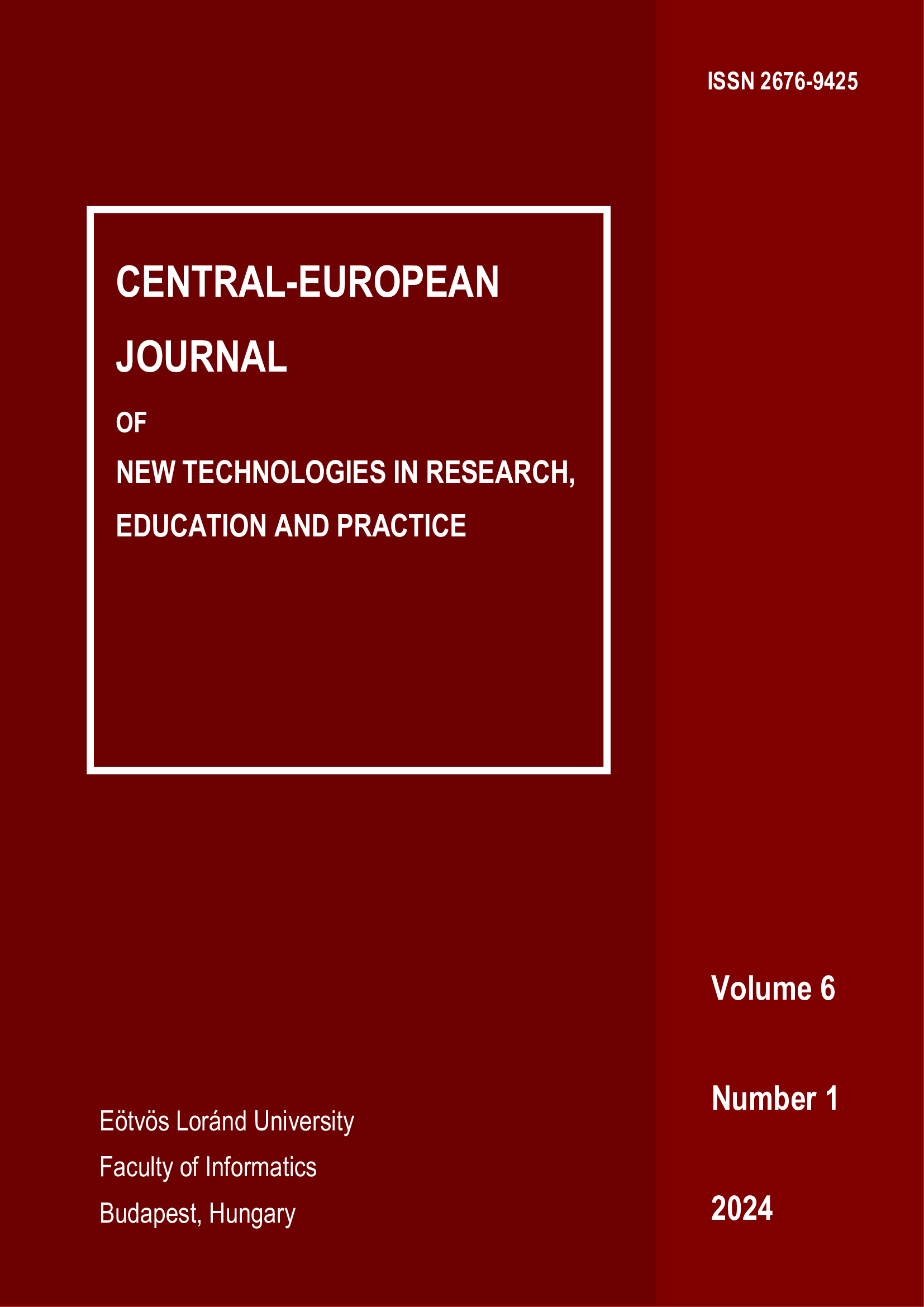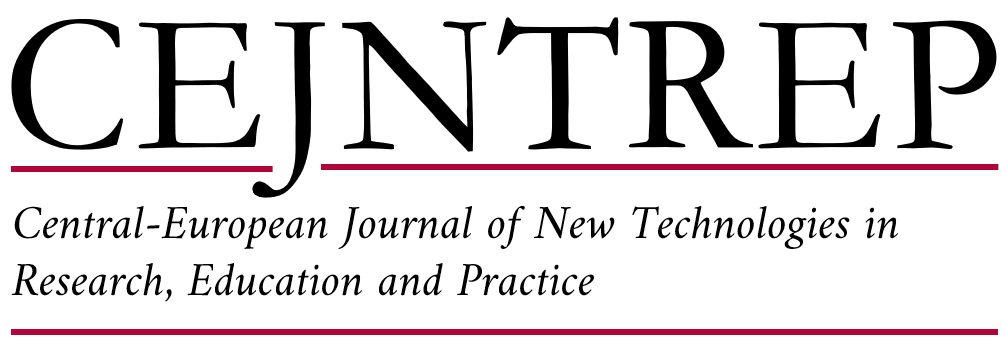Event-driven kinematic measurements using BBC micro:bits programmed in C++
DOI:
https://doi.org/10.36427/CEJNTREP.6.1.7135Abstract
In Hungary, according to the Physics curriculum in National Core Curriculum 2020, quantitative description and examination of motions are required. Teachers and students are suggested to use the available computer tools and programs during the measurements and evaluation. We present and recommend microcontroller-driven measurements displaying the physical quantities of the mentioned movements as a function of time. The measurement setup consists of a linear air track, BBC micro:bit, some optical sensors and 3D-printed elements. The event-driven measurement software running on the micro:bit was developed in C++ (CODAL). The microcontroller sends measurement data to the PC through wireless communication (radio or BLE), and the Excel Data Streamer and a self-developed add-in for Excel serves to receive and display real-time data. Linear and non-linear regression analysis of measurement data was performed by built-in Excel functions, Trendlines and the Solver add-in. These measurements can also add interesting extra material to the curriculum in IT classes.
Downloads
Published
How to Cite
Issue
Section
License
Copyright (c) 2024 Anikó Somogyi, Kelemen András, Mellár János, Mingesz Róbert

This work is licensed under a Creative Commons Attribution 4.0 International License.

 Copyright ©Central-European Journal of New Technologies in Research, Education and Practice, 2019-2023
Copyright ©Central-European Journal of New Technologies in Research, Education and Practice, 2019-2023